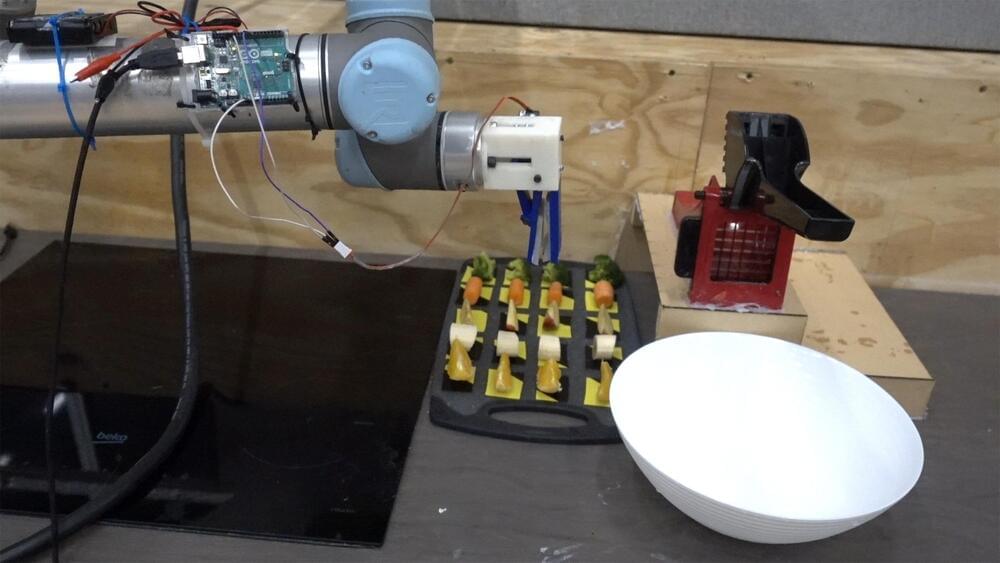
Machine learning has an “AI” problem. With new breathtaking capabilities from generative AI released every several months — and AI hype escalating at an even higher rate — it’s high time we differentiate most of today’s practical ML projects from those research advances. This begins by correctly naming such projects: Call them “ML,” not “AI.” Including all ML initiatives under the “AI” umbrella oversells and misleads, contributing to a high failure rate for ML business deployments. For most ML projects, the term “AI” goes entirely too far — it alludes to human-level capabilities. In fact, when you unpack the meaning of “AI,” you discover just how overblown a buzzword it is: If it doesn’t mean artificial general intelligence, a grandiose goal for technology, then it just doesn’t mean anything at all.
Page-utils class= article-utils—vertical hide-for-print data-js-target= page-utils data-id= tag: blogs.harvardbusiness.org, 2007/03/31:999.357346 data-title= The AI Hype Cycle Is Distracting Companies data-url=/2023/06/the-ai-hype-cycle-is-distracting-companies data-topic= AI and machine learning data-authors= Eric Siegel data-content-type= Digital Article data-content-image=/resources/images/article_assets/2023/06/Jun23_02_Skizzomat-383x215.jpg data-summary=
By focusing on sci-fi goals, they’re missing out on projects that create real value right now.

















